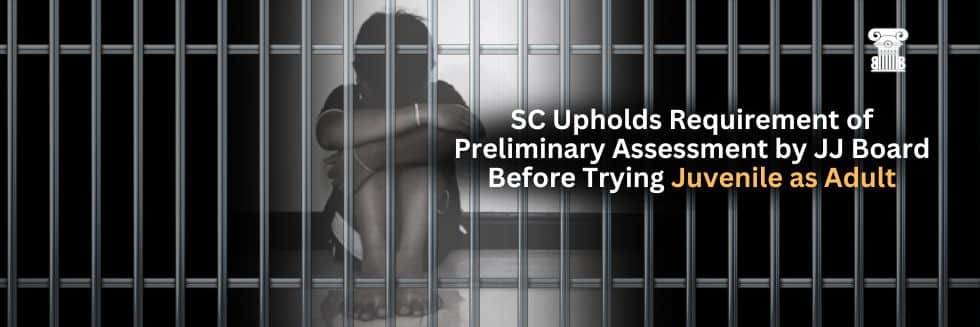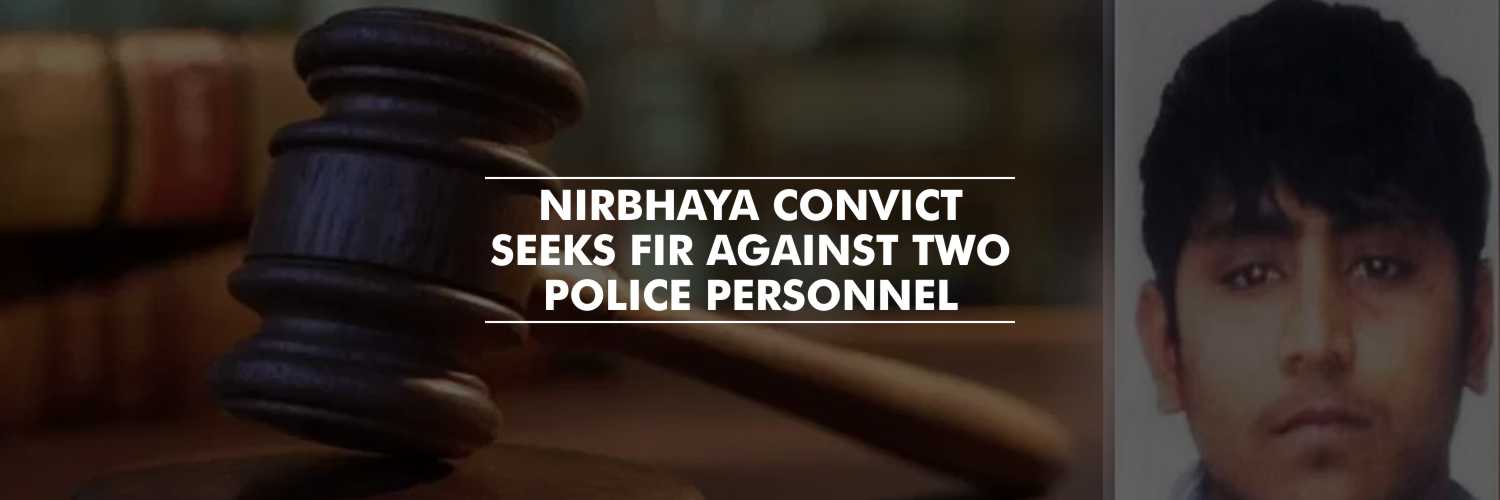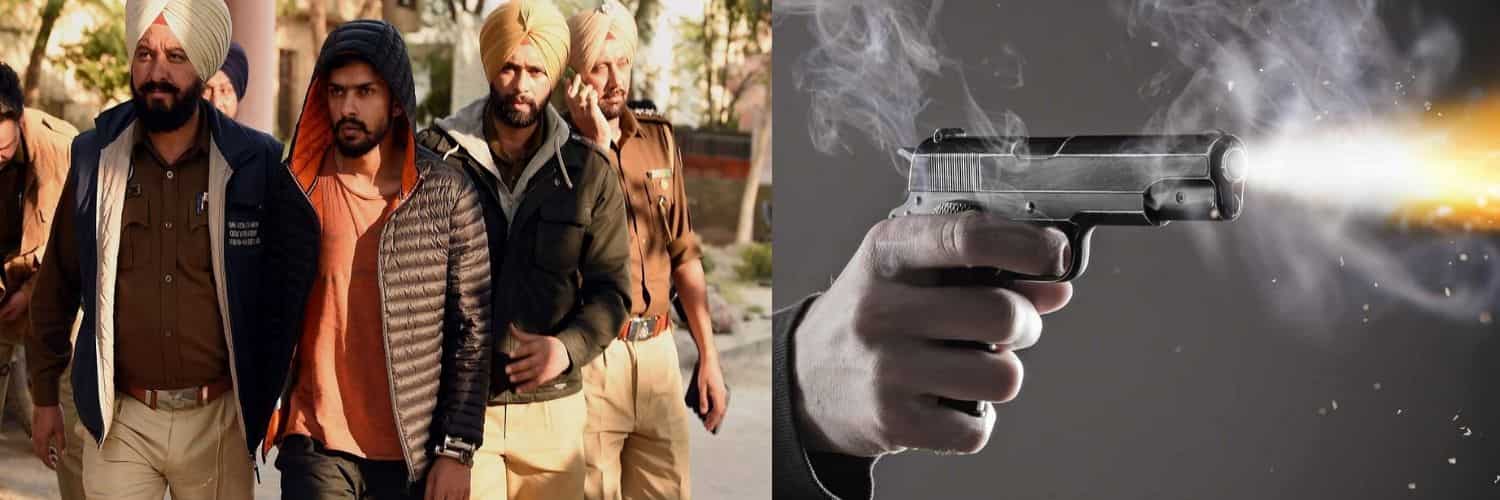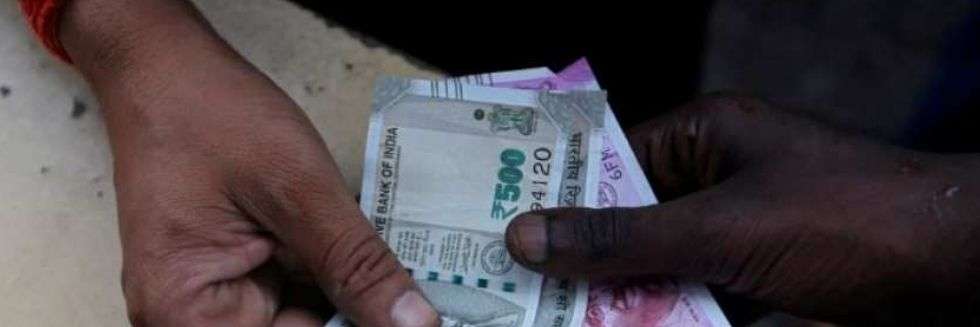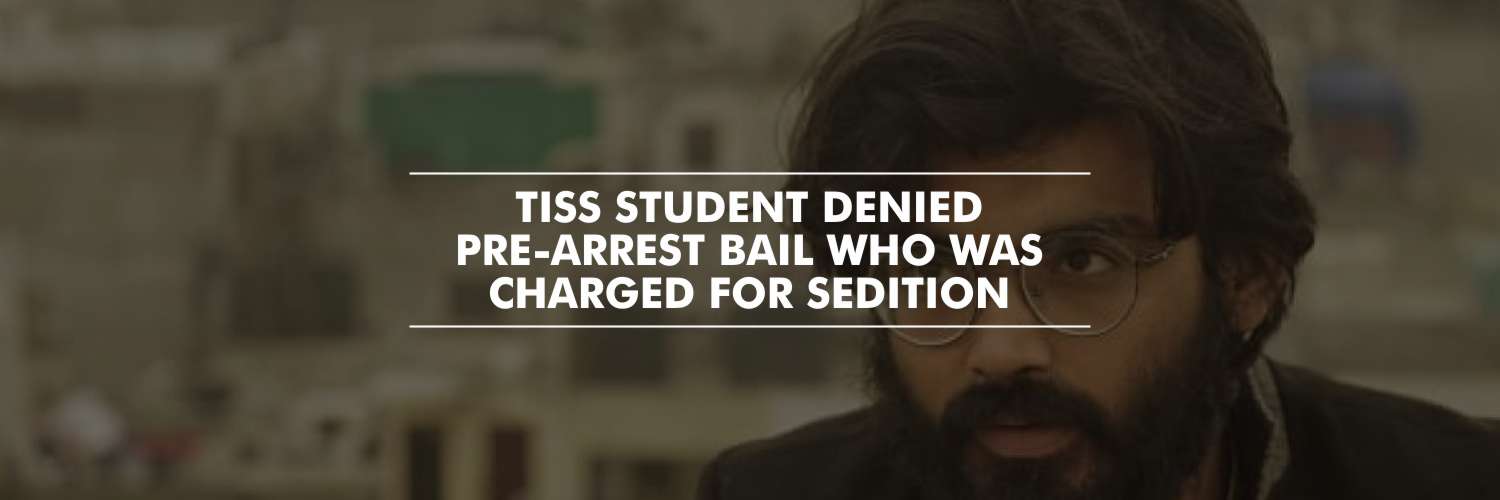In a significant ruling, the Supreme Court upheld the requirement for a preliminary assessment by the Juvenile Justice Board before trying a juvenile as an adult. The case Thirumoorthy v. State represented by the Inspector of Police centered on a juvenile accused whose charge sheet was filed without complying with the mandatory provisions of the Juvenile Justice (JJ) Act. Agreeing with the appellant’s argument, the Court declared the entire proceedings void due to the serious breach of the JJ Act’s mandatory provisions. Consequently, the Court quashed the conviction stressing the critical importance of strictly following procedural safeguards outlined in the JJ Act.
CASE DETAILS:
Thirumoorthy v. State represented by the Inspector of Police
2024 LiveLaw (SC) 262
Supreme Court
Coram: Justices B.R. Gavai and Sandeep Mehta
BACKGROUND:
- In the present case, a charge sheet was filed against the accused by the police who was a juvenile at the time of the offence before the trial court without adhering to the mandatory provisions of Sections 15 and 19 of the Juvenile Justice (JJ) Act.
- Subsequently, the trial court convicted the accused, a decision that was upheld by the High Court.
- Challenging the judgment of the High Court, the accused/appellant filed an appeal before the Supreme Court.
OBSERVATIONS:
Before the Supreme Court, the counsel for the Appellant argued that there had been a blatant violation of the mandatory provisions of Sections 15 and 19 of the JJ Act. She contended that despite knowing that the appellant was a child in conflict with the law at the time of the offence, the charge sheet was submitted before the trial court by the police. She emphasized that the child cannot be tried under the JJ Act unless the preliminary assessment to determine whether the child was physically and mentally capable of committing such an offence was completed.
Agreeing with the appellant’s argument, the Supreme Court held that the entire proceedings against the appellant from the stage of investigation to the completion of the trial were invalidated due to gross violation of the mandatory requirements of the JJ Act. In summary, the court held that the accused who was a child in conflict with the law at the time of the offence cannot be tried by the trial court but only by the children’s court as mandated under Section 19 of the JJ Act. The court clarified that only after the preliminary assessment report of the JJ Board could the children’s court under Section 19 be eligible to try the accused child.
Citing its judgment in Ajeet Gurjar v. State of Madhya Pradesh, the Supreme Court reiterated that the procedure provided under Sections 15 and 19 must be strictly followed by the court when trying the accused child to commit serious offences under the JJ Act. The Supreme Court ultimately quashed and set aside the challenged judgment and directed that the appellant who is currently incarcerated shall be released immediately if not required in any other case.
JUDGEMENT:
The Supreme Court ruled that the conviction of the accused child who was categorized as a ‘child in conflict with the law’ cannot be upheld unless the mandatory requirements under the Juvenile Justice Act, 2015 including the preliminary assessment to determine the child’s physical and mental capacity to commit the crime and the necessity to try the child as an adult or a juvenile were followed.
